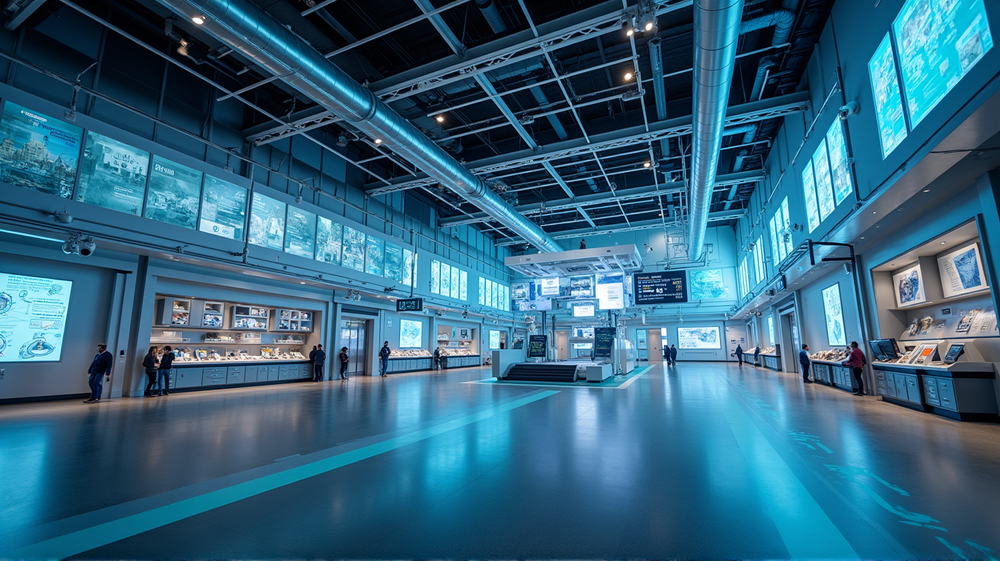From Classroom to Launchpad: Touchdown Medical Technology's Innovative Approach
In the bustling heart of Cornell University lies a unique hub where academia meets industry—Touchdown Medical Technology. This pioneering complex at Tang Hall offers more than just cutting-edge tools and labs; it presents a model of learning that propels Meinig School’s Master of Engineering (M.Eng.) students directly into the future of medical technology.
Simulating Startup Dynamics
Imagine stepping into an environment that mirrors the hectic, innovative world of a startup. That’s precisely what Touchdown Medical Technologies accomplishes. According to M.Eng. program director Newton de Faria, this setup isn’t merely about academic rigor; it immerses students in real-world dynamics.
A Comprehensive Learning Ecosystem
Within its walls, students find purpose-built spaces dedicated to each stage of product development. From the engineering studio to the prototyping labs and user experience suites, each area is crafted to spark innovation at every turn. The executive boardroom serves as the nerve center for evaluations, signifying the importance of collaboration with industry sponsors.
Problem-Solving Through Experience
Unlike traditional programs, where predefined specifications guide projects, Touchdown Medical Technology emphasizes the exploration of solution pathways from the ground up. Projects begin with identifying unmet needs, fostering a deep engagement with the challenges and opportunities in medical technology.
Projects That Make a Difference
Recent innovations showcase the fruits of this learning model. From a breakthrough AI tool improving nurse-patient communication to pioneering pediatric medical devices, student projects reflect real-world applicability and ingenuity. Winning the 360 Design Contest, a biodegradable anchoring cage for spinal health exemplifies the real impact these projects have, extending learning into tangible outcomes.
Beyond the Degree: Building Future Leaders
The most compelling aspect of Touchdown Medical Technology is its role as a launchpad for future leaders in medical technology. Students emerge not just with knowledge but a story—a narrative of tackling real problems and crafting solutions that stand out in job interviews.
According to Cornell Engineering, Touchdown Medical Technologies stands as a testament to the power of experiential learning, bridging the gap between academic theory and industry practice. As de Faria puts it, this is more than an educational experiment; it’s a cradle for tomorrow’s innovators.




